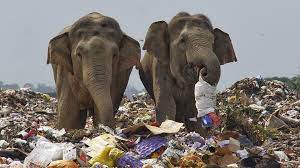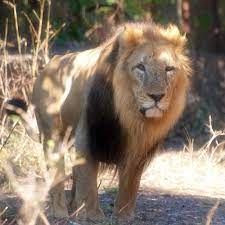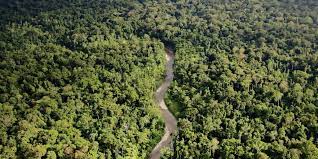I have spoken repeatedly over the last year, about the positive impact of the epidemic. The loss of life has been horrible, and many people have suffered significant losses of different kinds. One of the advantages it is given though is a link between saving the remaining wildernesses on planet earth, and our own long-term health and wellbeing. Experts have once again stated the advantage of both fighting habitat loss and degradation at the same time as making sure that pandemics do not spread around the world again.
















